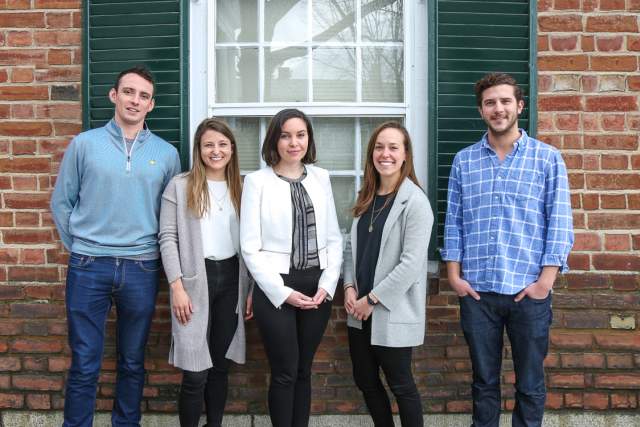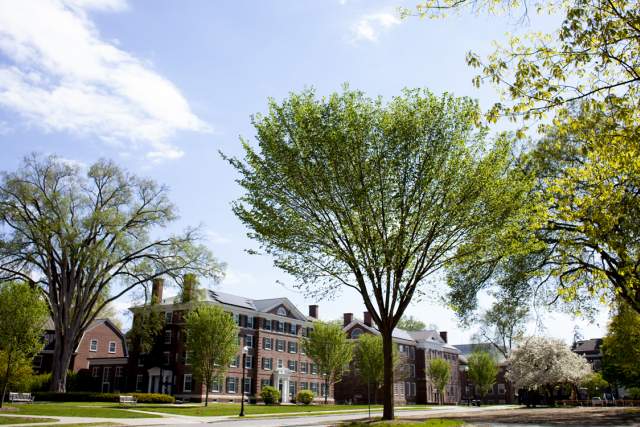The Tuck Social Venture Fund (TSVF), the student-led impact investing fund at the Tuck School of Business at Dartmouth, today announces its participation in a Series Seed round of financing for Wasted*, a human waste sanitation and sustainability company. The Venture Fund was part of a syndicate of investors led by Collaborative Fund and co-led by Divergent Capital.
Founded in 2020, Wasted* is creating a closed-loop sanitation paradigm by harnessing human byproducts to fuel a distributed, reliable, and renewable network for local fertilizer production. The company is starting with portable sanitation using novel liquid-waste separation technology to collect and centrally process waste. Given that the existing ecologically harmful waste infrastructure causes emissions of destructive greenhouse gasses, Wasted* aims to partner with construction companies, among other customer segments, to deploy its sanitation and urine recycling technology with the goal of developing sustainable fertilizer.
With an interest in the circular economy, we feel that Wasted*’s business model has the potential to drive much-needed impact in not only reducing harmful CO2 emissions, but also recycling waste to power agriculture and other energy sources,
says John Minderman T’23, a TSVF director.
With an interest in the circular economy, we feel that Wasted*’s business model has the potential to drive much-needed impact in not only reducing harmful CO2 emissions, but also recycling waste to power agriculture and other energy sources.
—John Minderman T’23
In addition to the company’s mission and business model, the TSVF directors were compelled by Wasted*’s founding team and advisors, who come with a wealth of experience and expertise in human waste sustainability, environmental engineering, wastewater and urine treatment, agriculture, and public health, as well as connections to the broader Dartmouth ecosystem.
After our initial conversations with the founders about Wasted*, we had a strong conviction in their ability to execute on the company’s mission,
says Julia Goldman T’23, a TSVF director, who sourced the deal. It’s inspiring when you find a company whose impact is truly embedded in its business model with a dedicated team at the helm. The Fund wanted to be a part of the solution to enable the growth and success of Wasted*.
Furthermore, the TSVF team determined the Wasted* investment would be a strong addition to the Fund, due to its alignment with the Fund’s social impact goals including environmental sustainability, climate change alleviation, and renewable energy generation.
Alongside Minderman and Goldman, the other T’23 Fund directors include Reid Aronstein, Rahul Jaisingh, Jeffrey Williams Navarro, Sarah Nelson, Grant Nishioka, Lena Rice, and Sherry Yang. The team’s experience across a broad range of industries has and will continue to serve the Fund well in sourcing and performing due diligence on additional social impact deals.
Wasted* is the seventh company in TSVF’s portfolio. Other portfolio companies include TimberHP, Education Modified, CNote, New/Mode, Collegebacker, and Brightfield Transportation Solutions.
About TSVF
Based out of the Tuck School of Business at Dartmouth, TSVF is a student-run, early-stage investment fund that invests in for-profit social enterprises that deliver a measurable social impact and financial return. The fund is also aimed at facilitating experiential learning opportunities for the next generation of leaders in impact investing.
TSVF is overseen by the Center for Business, Government & Society and the Center for Entrepreneurship. The fund’s advisers work closely with the students and include Curt Welling D’71, T’77, Clinical Professor of Business; Hannah Payson, Executive Director, Center for Business, Government, & Society; and Ramon Lecuona Torras, Assistant Professor of Strategy.

